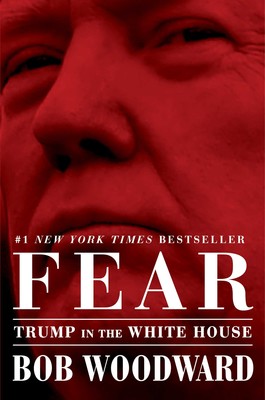This past Saturday I went back to my hometown for my 50th high school reunion. When I lived there it was a tiny village and many of my graduating class of about 70 had known each other since first grade. A guy I've stayed in touch with, Doug, picked me up at the train station and proceeded to give me a tour, with such detailed understanding of the architecture, layout, relationships between families, and therefore the history of change that I felt as if I was meeting where I'd lived for the first time. "When did you learn all this?" I asked, astounded. It turned out he'd always seen this way and just kept learning from the time he was a small boy, until now when he is an architect turned city planner. He goes through life with a grid in his head about the relationship between people and landscape that I cannot begin to approach. If I ever wanted help with anything to do with building anything, I'd call Doug.
In This Fight Is Our Fight, Elizabeth Warren demonstrates the same grid-like understanding of cultural politics and economics, and therefore how the world works and doesn't work.* Through heartbreaking stories, she clearly explains the relationships between housing, education, systemic unfairness, people, and mega corporations. I cannot begin to convey what is in this book. But after reading just a couple of chapters, I wanted to hire her to lead the renovation to make the United States work for everybody.









 About a quarter of the way through this comprehensive history of everything leading up to the election of Trump and all the current events, Gary Cohn, the former president of Goldman Sachs who is the president's top economic advisor, attempts to explain our economy to Trump. He brings him copious research and data and finally makes it as simple as possible by asking: which would you choose—to go into a mine and get black lung or to make the same salary doing something else? He is attempting to intrude into Trump's belief that our trade agreements are disgraceful because we're losing manufacturing jobs—despite the data that more than 80 percent of our jobs are not in manufacturing and that a trade deficit is not a bad thing since it allows people to spend more money on what they're spending it on anyway—services. Nothing seems to penetrate.
About a quarter of the way through this comprehensive history of everything leading up to the election of Trump and all the current events, Gary Cohn, the former president of Goldman Sachs who is the president's top economic advisor, attempts to explain our economy to Trump. He brings him copious research and data and finally makes it as simple as possible by asking: which would you choose—to go into a mine and get black lung or to make the same salary doing something else? He is attempting to intrude into Trump's belief that our trade agreements are disgraceful because we're losing manufacturing jobs—despite the data that more than 80 percent of our jobs are not in manufacturing and that a trade deficit is not a bad thing since it allows people to spend more money on what they're spending it on anyway—services. Nothing seems to penetrate.


 James Comey is a very good writer, storyteller, and teacher, so on a literary level (except for one odd plot order choice—the highly dramatic John Ashcroft hospital showdown between Comey and Bush representatives—which I suspect has to do with the need to insert a ton of detailed background information), this book works.
James Comey is a very good writer, storyteller, and teacher, so on a literary level (except for one odd plot order choice—the highly dramatic John Ashcroft hospital showdown between Comey and Bush representatives—which I suspect has to do with the need to insert a ton of detailed background information), this book works.